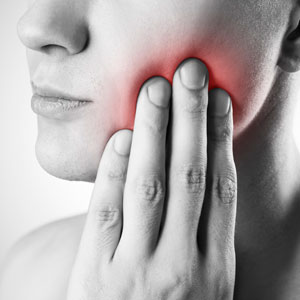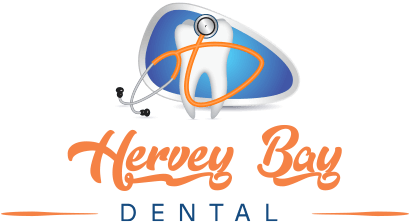Teeth Grinding/Bruxism in Hervey Bay
 Tooth grinding, also known as bruxism, refers to the habit of clenching, grinding, or gnashing your teeth, often involuntarily and usually during sleep. This condition can occur during both day and night, and can lead to various dental and health problems if left untreated. A combination of physical, psychological, and genetic factors can cause it. Some potential causes include stress, anxiety, misaligned teeth, sleep disorders, lifestyle factors, and certain medications.
Tooth grinding, also known as bruxism, refers to the habit of clenching, grinding, or gnashing your teeth, often involuntarily and usually during sleep. This condition can occur during both day and night, and can lead to various dental and health problems if left untreated. A combination of physical, psychological, and genetic factors can cause it. Some potential causes include stress, anxiety, misaligned teeth, sleep disorders, lifestyle factors, and certain medications.
Tooth Wear: Continuous grinding and clenching can wear down the enamel on teeth, making them more susceptible to decay and sensitivity.
Tooth Fractures: Excessive pressure from gnashing can lead to chipped, cracked, or fractured teeth.
Jaw Pain and TMD: The condition can cause jaw pain, temporomandibular joint (TMJ) discomfort, and contribute to temporomandibular joint disorder (TMD).
Headaches: The pressure and muscle tension from clenching and gnashing can lead to tension headaches and migraines.
Disrupted Sleep: Bruxism can disrupt sleep for both the person grinding their teeth and their sleeping partner.
How We Help
Our dentists can identify signs of bruxism during regular dental checkups through the examination of tooth wear, jaw alignment, and any related symptoms.
- Custom Nightguards or Splints - One common approach is to provide a custom-made nightguard or splint. These are dental appliances that are worn during sleep to protect the teeth from grinding against each other. Nightguards can also help alleviate jaw pain and headaches associated with the condition.
- Orthodontic Treatment – If misaligned teeth contribute to bruxism, orthodontic treatment (such as braces or clear aligners) might be recommended to correct the alignment and reduce grinding.
- Medications – In certain cases, dentists or doctors might prescribe muscle relaxants or other medications to help manage the muscle tension associated with bruxism.
Other Factors to Consider
Stress Management
Since stress and anxiety are often triggers for bruxism, we may recommend stress management techniques, such as relaxation exercises, counseling, or lifestyle adjustments.
Behavioural Therapy
For some individuals, behavioural therapies aimed at changing the habit of teeth gnashing can be effective in reducing or eliminating bruxism.
Book an Appointment
If you’re experiencing symptoms associated with teeth grinding, we want to help. Contact us today to schedule an appointment.
Any invasive or surgical procedure may carry risks. Before moving forward, it is recommended that you seek a second opinion from an appropriately licensed medical professional.

